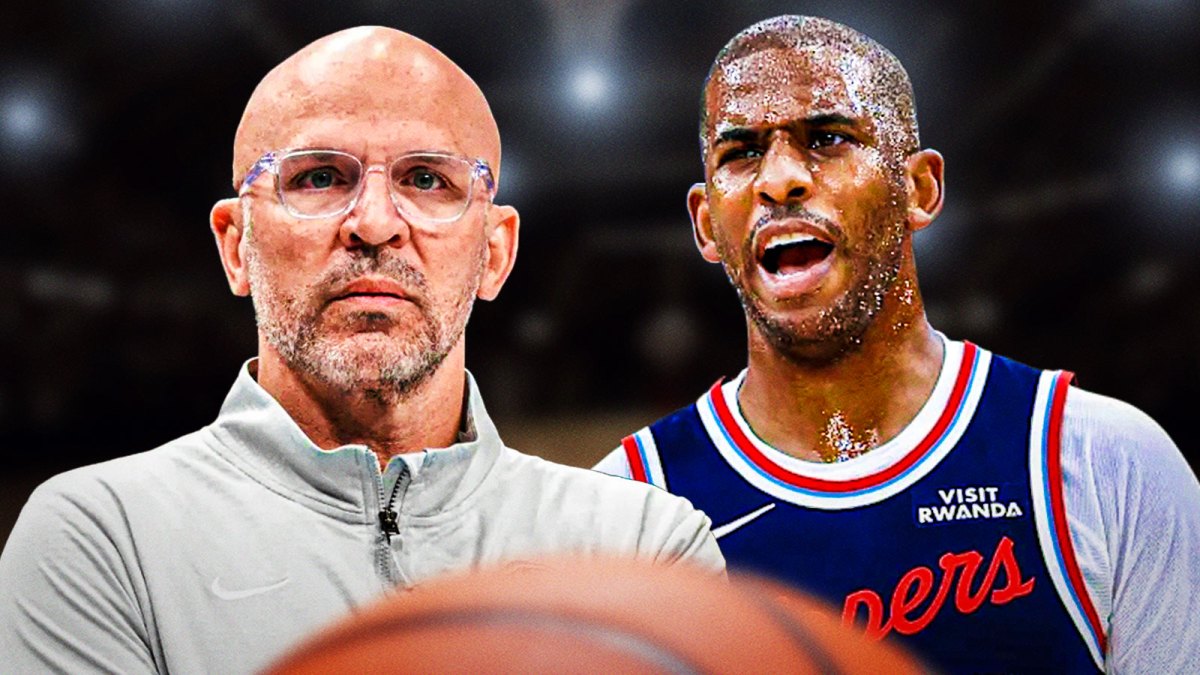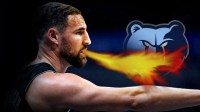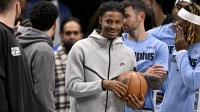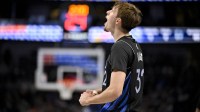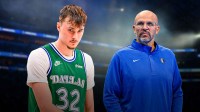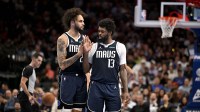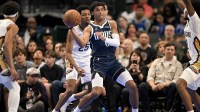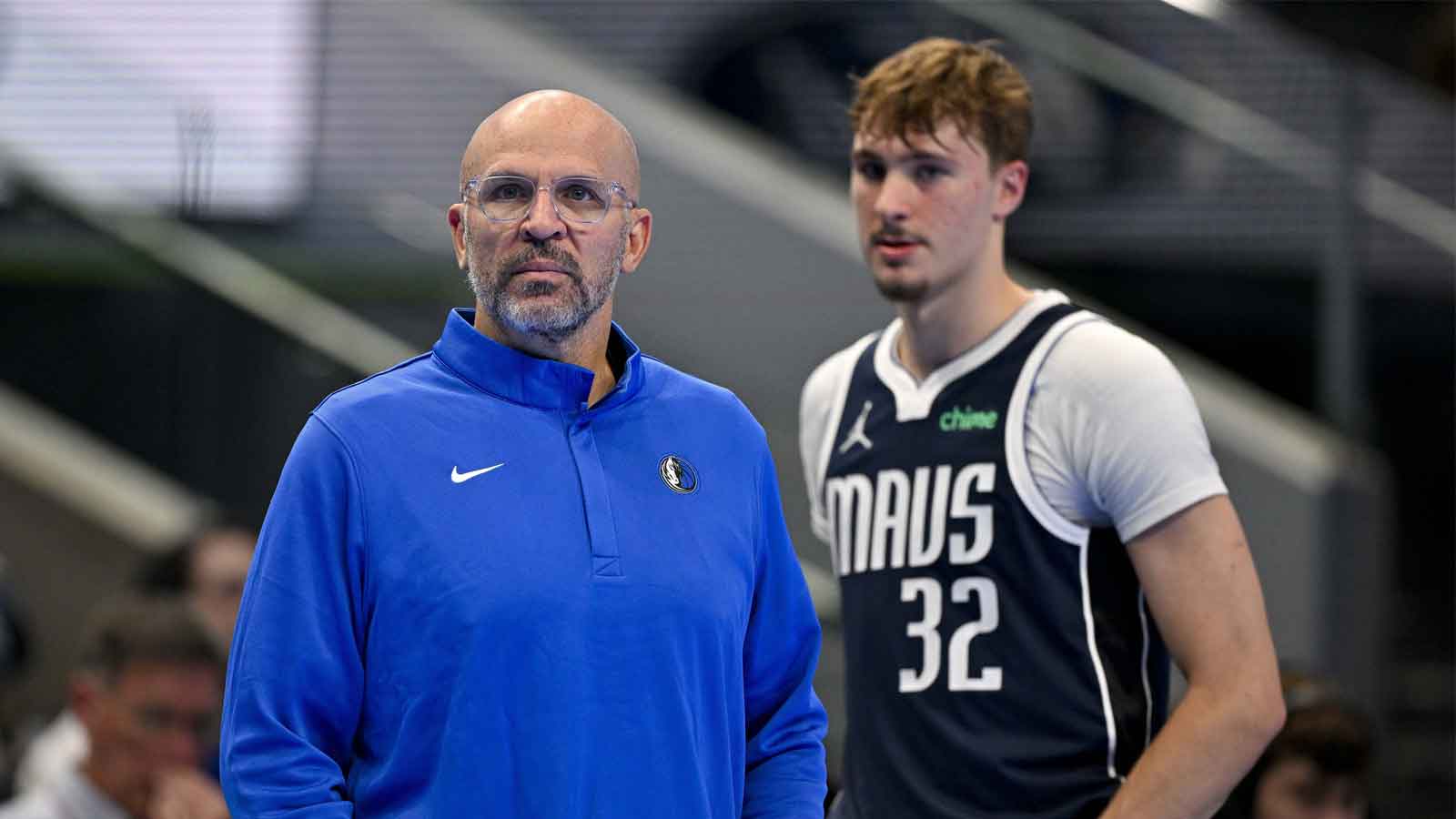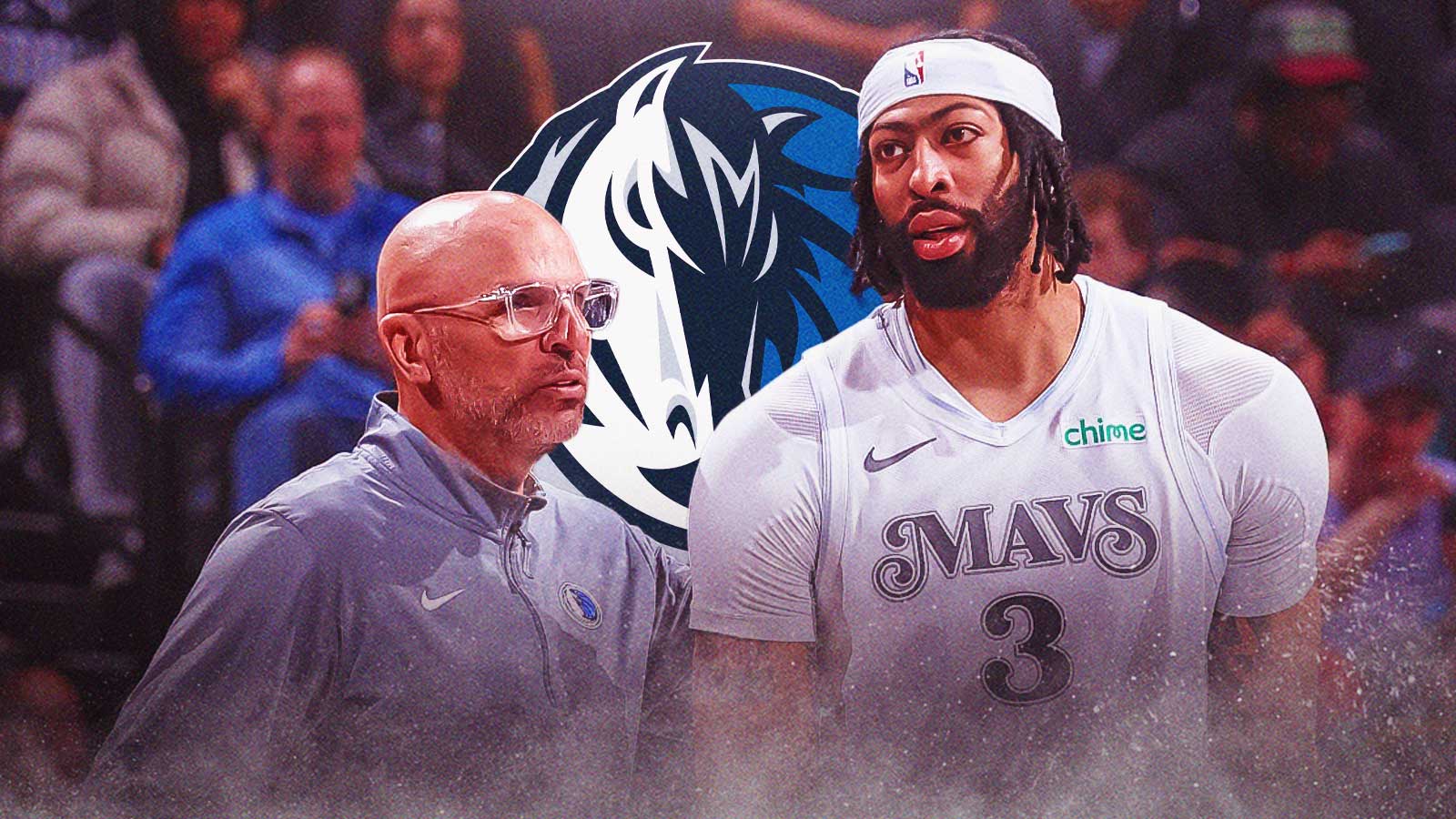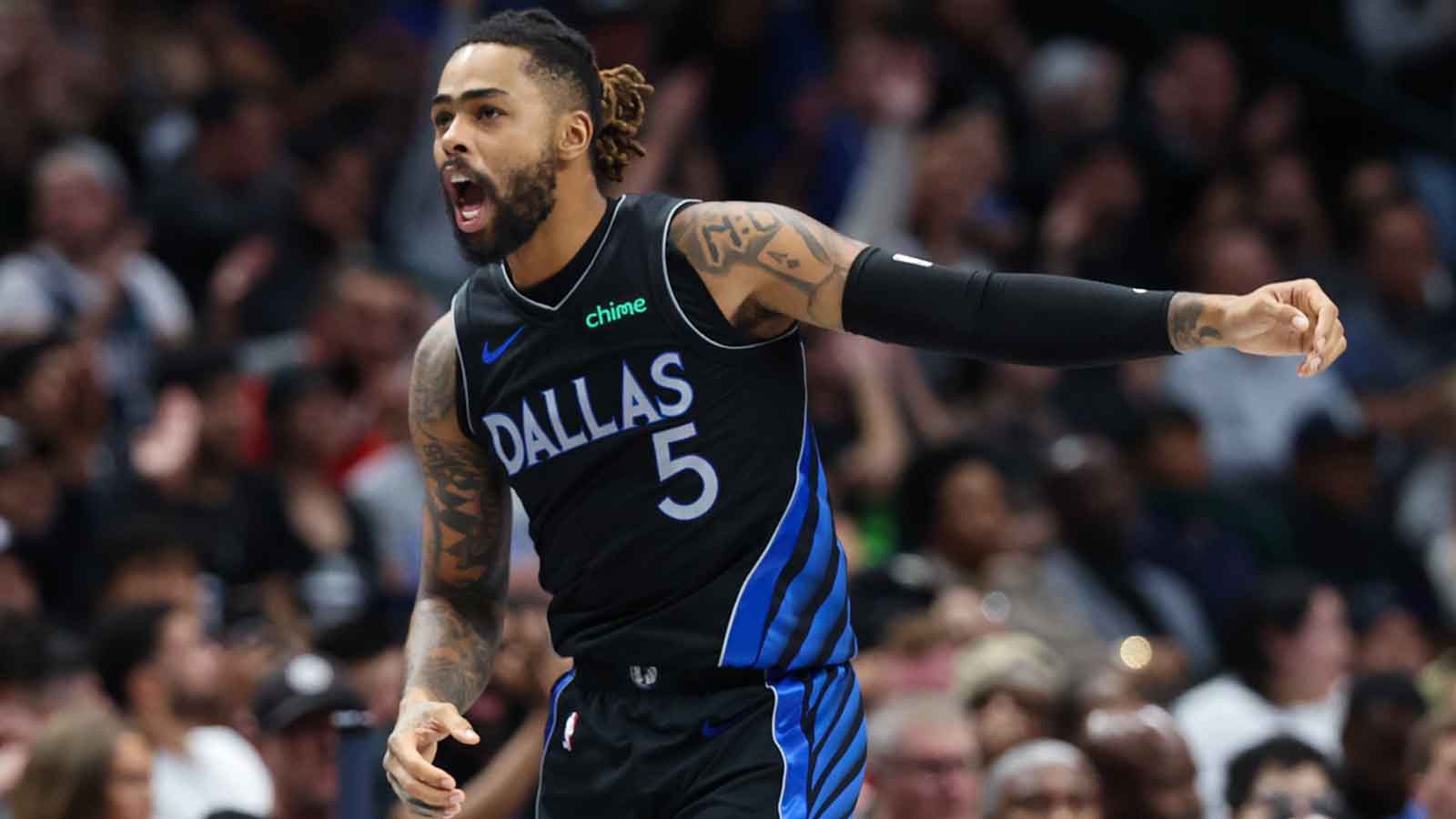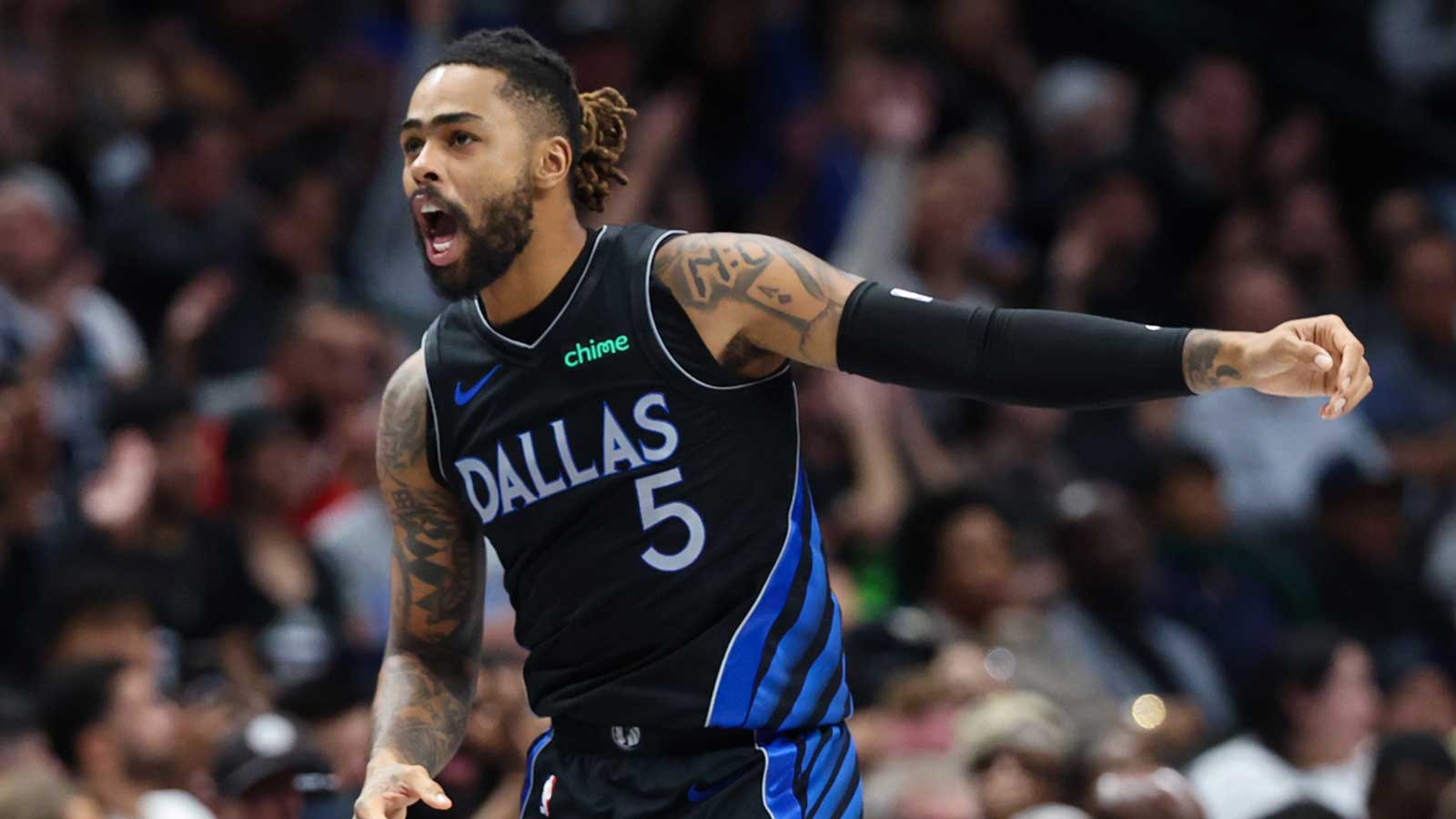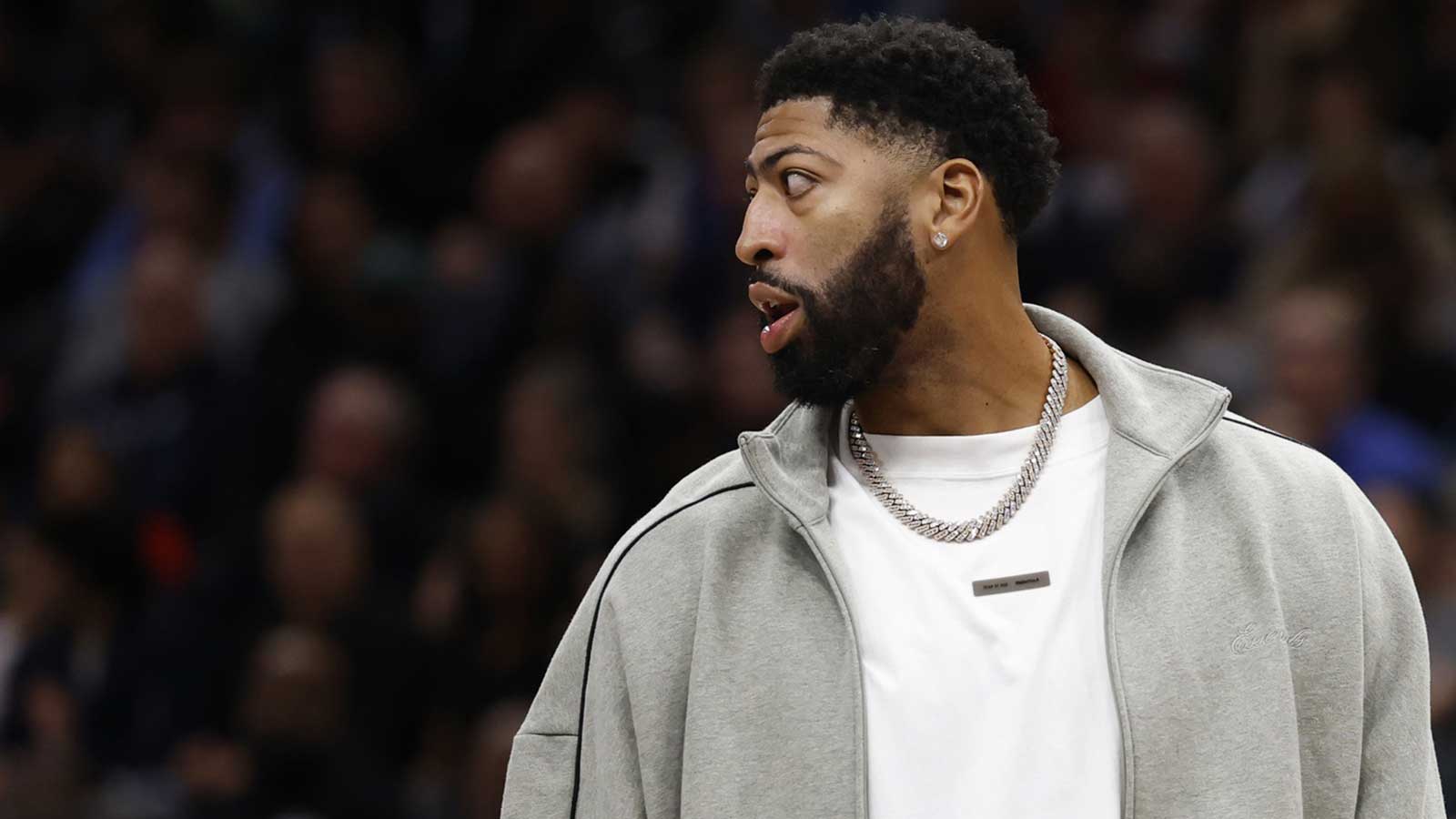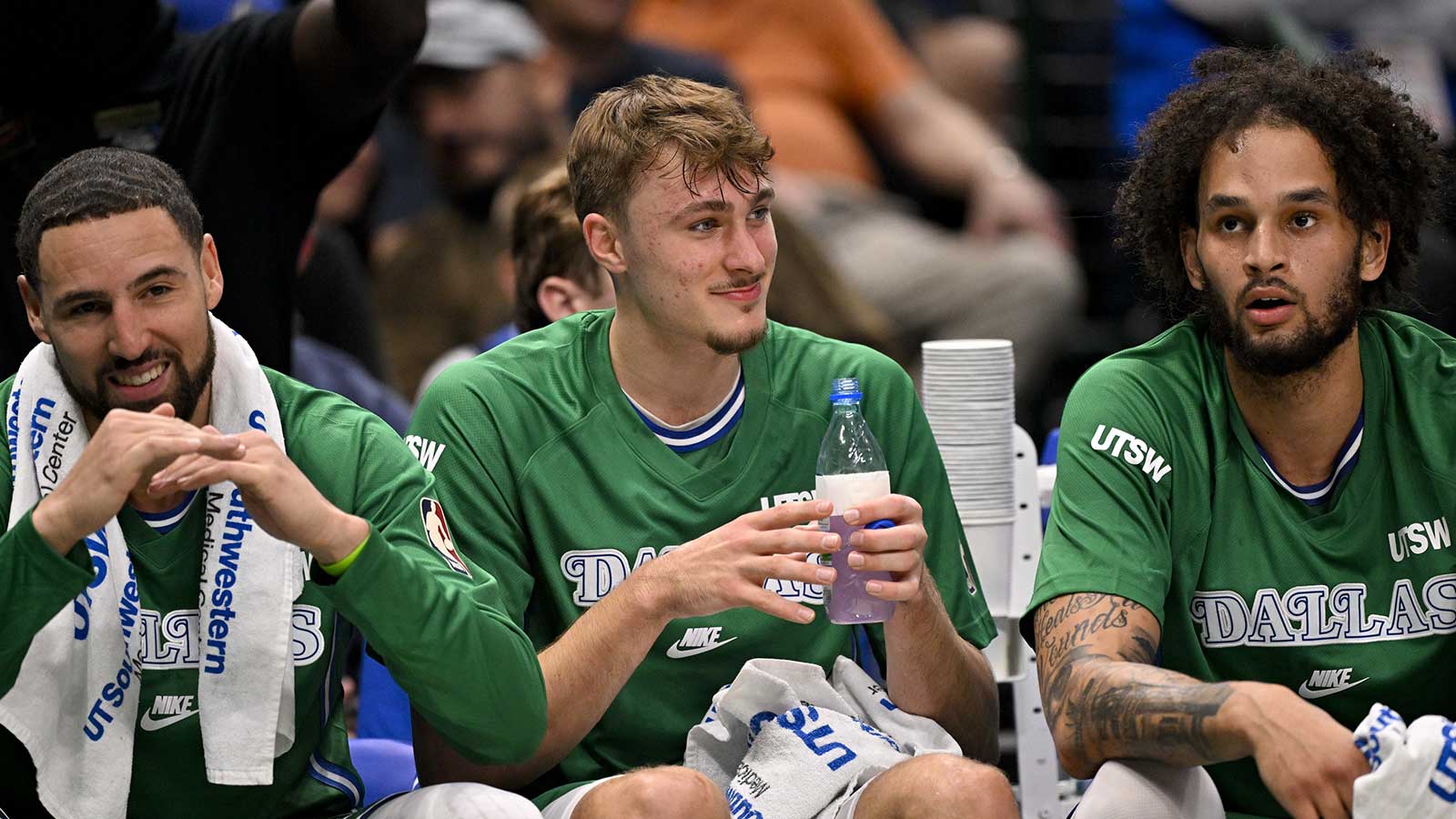In the wake of Chris Paul's retirement announcement from the LA Clippers, Jason Kidd offered a heartfelt tribute to one of basketball's most cerebral floor generals. Speaking with ClutchPoints just hours before the Dallas Mavericks got dealt a low blow by Ja Morant's trash-talking Memphis Grizzlies, Kidd’s reflections underscore what the NBA loses when one of its last great floor generals exits. The league will replace Paul’s assists, scoring, and jersey sales. It will never replace the decades of equity earned in reading every inch of hardwood real estate or the imprint left on the position itself.
For Kidd, a Hall of Fame point guard who helped define the modern position, the news hit on multiple levels: as a peer, as a coach, and as someone who understands how few players truly master the game the way Paul did. In an era when the point guard position has evolved into something almost unrecognizable from its traditional roots, CP3 has remained a bridge between generations, someone who can thrive in modern systems while maintaining the fundamental principles that define great floor leadership.
“It's sad to hear that news about Chris Paul retiring,” Kidd told ClutchPoints. “We need those guys to stay around as long as possible.”
Paul’s retirement marks the end of an era for the position. From the late 2000s through the mid-2020s, the NBA was shaped by a generation of point guards who blended old-school structure with new-school pace. Paul, Kidd, Steve Nash, Tony Parker, and later the likes of Stephen Curry, Russell Westbrook, and Damian Lillard were not cut from the same cloth, but they shared a common thread of total control of the game. They tilted playing fields in their prime.
Kidd's admiration for Paul's completeness as a player was evident.
“(Paul) is one who always sets the table for every one of his teammates,” Kidd stressed. “Being able to play both ends at a very high level with a high IQ; it's off the charts. And his toughness, he just loves competition. So for him to announce that he is retiring…”
For now, Paul still has games left to play, teammates to guide, and young players to teach. But when he walks away this summer, the Wake Forest alum won’t just close a personal chapter. He’ll close one for an entire basketball generation. Kidd made clear that the league will feel that absence every night.
“I still think he has something left in the tank,” shared Kidd. “But we've all been there before, so he must understand that he might not. Still, his vision of basketball, as you said ‘old school' and his wisdom passing it on to the next, I think he does that at a very high level with the AAU programs.”
The sentiment speaks to something larger than statistics or accolades. Paul represents a dying breed in modern basketball: a player whose value extends far beyond scoring output, someone who makes everyone around him better through vision, anticipation, and an almost telepathic understanding of the game's rhythms. In an era dominated by explosive scorers and highlight-reel athletes, the cerebral Point God remained a cornerstone of winning basketball.

